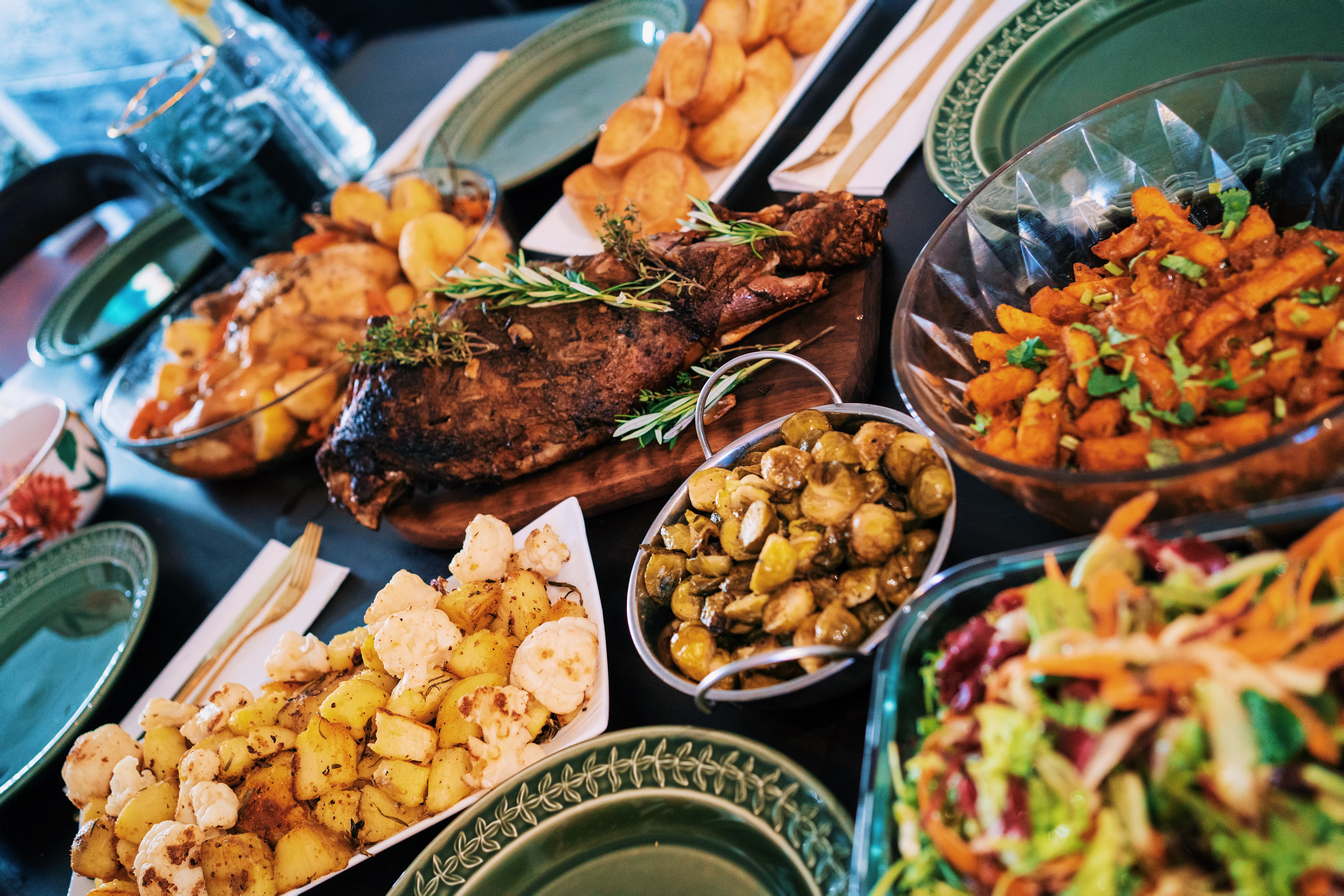The most addicting foods? The foods you deprive yourself of.
We have clients who come to us feeling out of control around food, especially sugary sweets. Is food addiction real? To date, evidence and science that certain foods are addictive doesn’t exist. But we do know there is evidence that when we deprive or restrict certain foods, we’re more likely to experience binging-like behaviors because we don’t know when we’ll be able to eat that food again. We are more likely to over eat foods we perceive to be scarce in the future.
In other words, not having unconditional permission to eat what you want, when you want actually increases the chance of binge-like tendencies, which can make us feel out of control with food.
Maybe you’ve heard, read or watched documentaries citing sugar is as addictive as cocaine. “But wait, no! The same areas of the brain light up with sugar as they do with drugs like cocaine!” Yes, you’re right. That has been found to happen, but only if the food that’s being eaten has been deprived. If you don’t think you deprive yourself of any foods, consider any foods you feel out of control around, have you labeled these foods as “bad” or a food you “shouldn’t” eat?
Take a moment to think about your experience when you haven’t allowed yourself to eat certain foods? How about carbs? Did you feel like you failed going on a no/low carb diet? Did you over eat carbs the day and week you stopped following this rigid and unsustainable way of eating?
While research is important, your exploration of lived experiences is valid. In your experience, have you felt “addicted” to the foods you allow yourself or the ones you don’t?
Some more food for thought in relation to over-eating and binging – what if restricting food or eating less was actually the root of the problem? Inadequate eating can have a snowball effect that leads to overeating.
Our culture validates restricting food and eating less to the point of very often not eating enough. In many weight loss cases, we see clients under eating. Yes, that’s correct, you can have a weight loss goal and be under nourishing your body.
It’s not so simple as “Just eat less and move more!” It turns out restriction and not eating enough are two key drivers for overeating, sugar cravings and developing eating behaviors that cause anxiety, stress and shame. Often food restriction and eating less does not lead to better health or weight loss.
Eating less, meaning not eating enough for your body’s needs, can hinder results and cause major frustrations. While some people do eat more than what they need to reach their goals, many of our clients find themselves trusting the habit change process, eating more food earlier in the day and tuning in to their appetite/fullness cues.
For more information on healthy eating habits, our dietitians are here to help! We provide custom eating plans for your unique goals and preferences. We’re here to help you reach your goals in the most effective and sustainable way. Schedule a complimentary call now to learn more about how we can help you with better eating habits and lasting healthy nutrition.


What To Eat Before & After Your Workouts
Enter your email for FREE access to the exclusive resource.
You have Successfully Subscribed!
100% privacy. No spam.